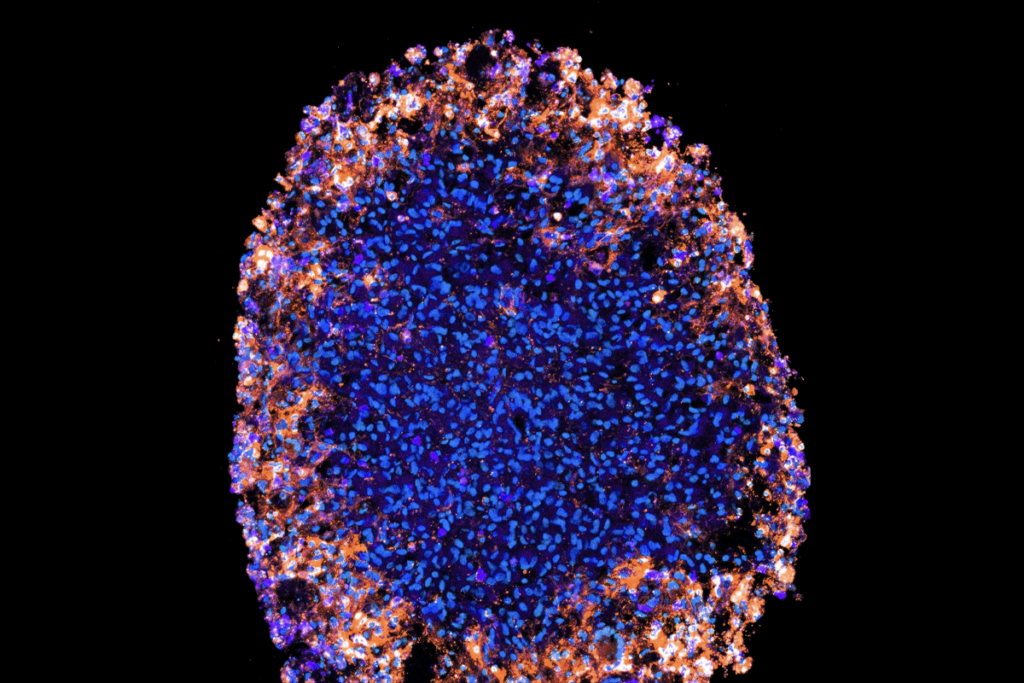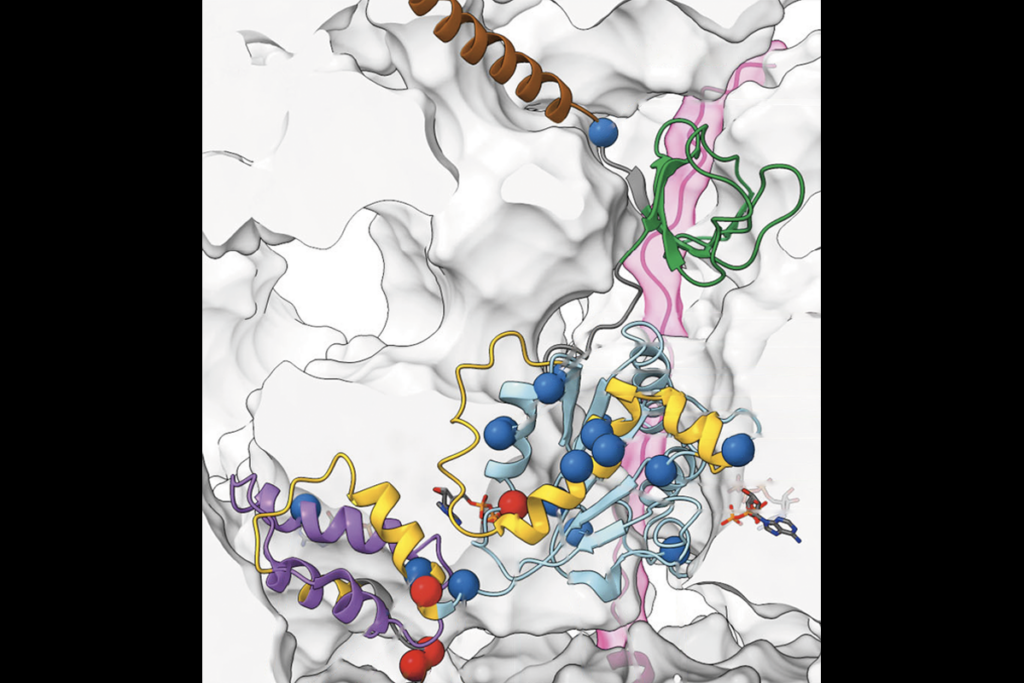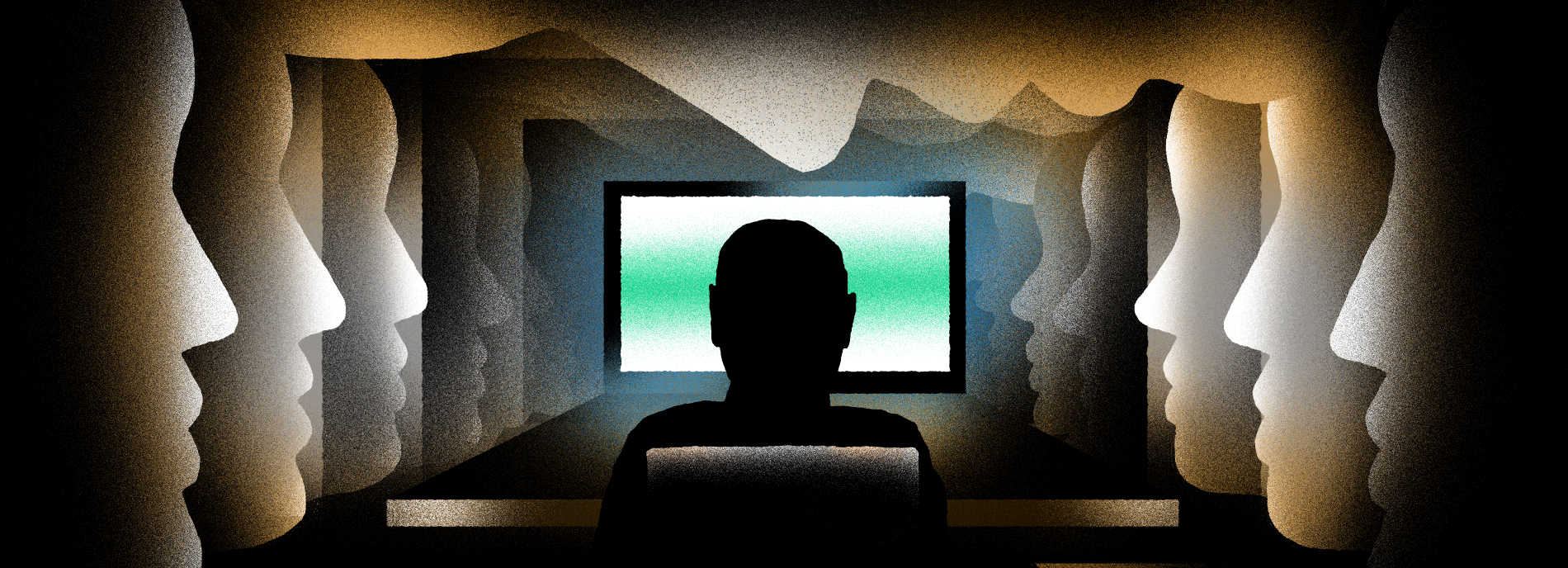
Radical online communities and their toxic allure for autistic men
Isolated from their peers, some autistic men get drawn into extremist views — and, in rare cases, violence — associated with online groups for ‘celibates.’
L
ast September, a man with the screen name ‘XavierInTheForest’ wrote an unsettling post on the online forum Reddit. In it, he recounted his long history of rejection by women. In his 34 years, he said, the closest thing to a relationship he had achieved had lasted for only a couple of months in high school. “I’ve given up on the idea of ever finding a ‘significant other,’” he wrote. He told the other users that he had promised himself if he was still without a partner when he turned 40, he would either kill himself or be surgically castrated. “No, I’m not joking,” he added.XavierInTheForest titled his post “Testimony of an Incel with Autistic Spectrum Syndrome.” The term ‘incel’ is short for ‘involuntary celibate,’ and it has come to be associated with online communities of men who have lost any hope of finding a partner in the age of dating apps. The men on these sites obsess over their looks, exchange edgy memes and mine psychological studies for proof that the dating universe is viciously tilted against average-looking men. They sometimes call women ‘sluts’ or ‘whores’ but mostly refer to them as ‘femoids,’ ‘foids’ or even ‘female humanoid organisms’ — in other words, not quite human.
XavierInTheForest is, in fact, a young man called Álvaro. (He declined to provide his last name because of the stigma of the incel label and the potential for it to harm his work prospects.) He wrote in the forum that he did not “condone in any way the ideas and abhorrent behavior of incels,” but he identified as one anyway. And as the title of his post indicated, he also identified as autistic: “My [autism] is pretty mild when compared to more serious cases, yet it’s still bad enough that my social skills are severely impaired.” Álvaro lives in South America, and in a photo he shared of himself, he has short, dark hair, brown eyes and a stippling of beard. He has struggled with insomnia, depression and anger issues. And in 2010, he was prescribed antipsychotic and antidepressant medications following a schizophrenia diagnosis, which he later came to believe was incorrect. Two years ago, another doctor told him he had schizoaffective disorder. Finally, last year, a psychiatrist diagnosed him with autism, which he says jibes better with his life experience.
Apart from his limited social skills, Álvaro says his short stature — he is 5 feet 3 inches tall — has been a significant impediment to his finding a partner or even a temporary dalliance. “I am invisible to women,” he says. When he went back to college in 2014 to pursue a degree in translation, for example, he developed a crush on a classmate, but he says the young woman told him there was no way she could be attracted to him because of his height. “I decided to end the friendship because it was doing me more harm than good,” he says.
Álvaro first heard the term ‘incel’ last year, when he was watching a video that mentioned Elliot Rodger. In 2014, Rodger killed 16 people and injured 14 others near a university campus in Isla Vista, California, before killing himself. Rodger — whose mother reportedly described him as a “high-functioning autistic child” in divorce papers — left behind a widely shared manifesto blaming women for his actions. Álvaro was horrified by Rodger, but he was curious about what it meant to be an incel: Was he one?
He began to research incels on Google and found their misogyny off-putting. “Those people are deluded,” he says. At the same time, he was becoming more and more alienated from women, whom he saw as speaking of body positivity and the tyranny of beauty standards, and yet demanding tall, manly partners. The isolation began to take its toll: “It’s psychologically and emotionally damaging to not have the connection with another person.” Álvaro began to seek answers on Reddit.
Incels can be found pretty much anywhere on the internet that young men congregate: playing online games, trolling the comments threads of news articles and videos, and on social-media sites such as Reddit and 4Chan. One of the most popular incel forums, the braincels subreddit, had more than 16,000 followers as of April 2018. The forum was banned last year for “posting content that harasses or bullies” people, leading users to scatter to other websites, including the now-defunct braincels.org, “a place for involuntary celibates to joke around, get support, shitpost, find friends and relax;” yourenotalone.co, “a non-violent, gender-inclusive support group for involuntary celibates and allies;” and incels.co — women are “banned on sight, no exceptions.”
These forums tend to attract a disproportionate number of autistic men. In an October 2019 user poll on the website incels.co, for instance, roughly one in four of the 550 respondents said they have autism. Certain traits of autistic people — a heightened response to perceived slights, a strong sense of social justice and difficulty understanding what others are thinking and feeling — may make them amenable to extreme views, says Clare Allely, associate professor of forensic psychology at the University of Salford in Manchester in the United Kingdom. The only social outlets for some autistic men are the internet’s anonymous echo chambers, so their exposure to toxic chatter may be extensive, she says. “It’s like a conduit to the outside world,” Allely says. “It’s no small wonder that they end up in all these forums and sites.”
These sites are breeding grounds for hateful views, and spending time on them may be increasing these men’s detachment, diverting them from at least trying to expand their real-world social lives, she says. Some of the views may even encourage aggression or self-harm. Incels may refer to a happy couple in public as ‘suicide fuel.’ Another now-banned subreddit — the incelgraveyard — memorialized those who killed themselves. In the incels.co survey, two-thirds of the respondents said they had considered suicide, though it is unclear to what extent their time commiserating online contributed to these thoughts.
Researchers are still trying to get a handle on the degree to which men with autism are influenced by the messages on these sites. They are also trying to determine what might attract autistic men to the extremist groups on the sites — with the hope of preventing or mitigating the attraction. “We’re all kind of anxious,” says Rachel Loftin, a clinical psychologist in Chicago, Illinois, who specializes in autism. “It’s a scary area to start to investigate.”
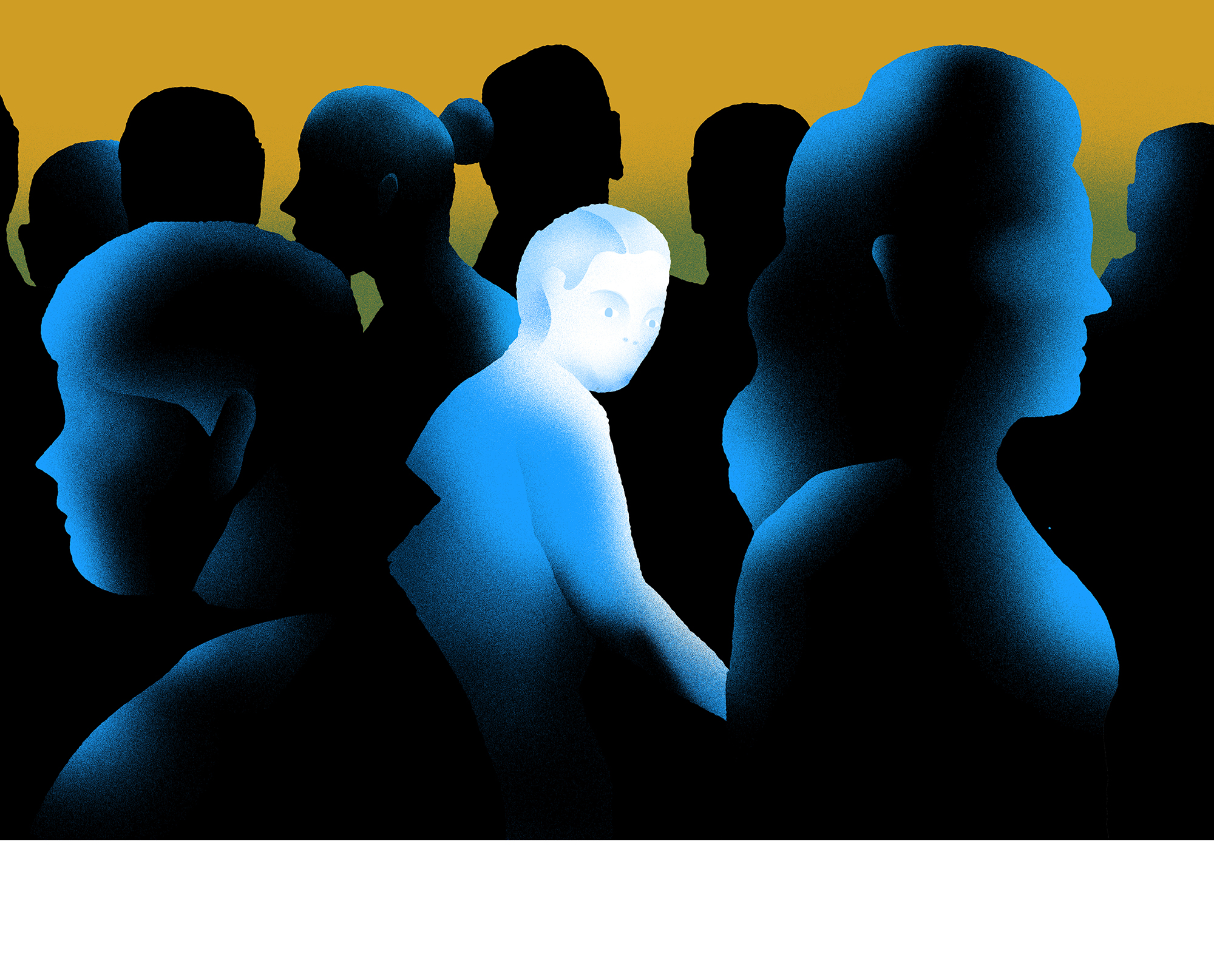
Lonely hearts:
T
he term ‘incel,’ ironically enough, may have been coined by a woman. In the 1990s, a college student known only by her first name, Alana, launched a website called Alana’s Involuntary Celibacy Project as a forum for both men and women to seek support for their loneliness. She abbreviated it as ‘invcel’ until someone told her that ‘incel’ was easier to pronounce, according to a story published in 2018 on BBC Radio 5. “It definitely wasn’t a bunch of guys blaming women for their problems,” she told the program.And yet that is exactly what most incels now do. With its cryptic lingo and inside jokes, the world of incels can be baffling to an outsider. Incels posit that when the sexual revolution of the 1960s freed women from monogamy, women focused their attentions on the most attractive men — ‘Chads’ — excluding lonely introverts with recessed chins and weak jawlines.
“[Women] love Chad because Chad ensures her children will have favorable genes,” one user wrote on the braincels subreddit, providing a Darwinian explanation.
“Just say it WOMEN ONLY DESIRE JAWLINE,” replied another.
If a man is not attractive enough to be a Chad but manages to find a wife anyway, the incels deride him as a ‘normie’ and his wife as a woman past her prime.
They commonly subscribe to what they call the ‘Blackpill,’ a view that their sexual success — or lack thereof — is determined at birth. The Incel wiki includes descriptions of peer-reviewed studies in the fields of psychology and sociology that supposedly back up this belief. It paints a desperate picture of the sexual prospects of men whom incels deem to be not tall enough, wealthy enough or good-looking enough to attract women. One cosmetic surgeon in Indiana has become famous on incel forums for giving some members the kinds of faces they believe will increase their sexual success.
Although the websites offer a social outlet and affirmation, they also have the potential to amplify negative thinking and to encourage extremist and antisocial views. A linguistic analysis of the now-suspended incels.me forum estimated that about 30 percent of its threads were misogynistic, 15 percent were homophobic and 3 percent were racist. About half of all users posted hateful messages at least once, though a few prolific users accounted for most of the total. People who spend time in these forums become desensitized to the disturbing content, such as jokes about rape and sexual slavery, says Loftin, who, in addition to her clinical work, has served as an expert witness in legal cases involving incels. “The longer they are exposed to it, the more normal it appears,” she says. “The restrictive interests or the focus you see with somebody with autism could make them more susceptible to that.”
On many of these forums, being a ‘sperg,’ a person with Asperger syndrome, is considered to be both a badge of honor and a ‘death sentence,’ a macabre reference to the lower life expectancy of people with autism. (Asperger syndrome is no longer a diagnosis distinct from autism.) Autistic incels often refer to themselves as ‘mentalcels,’ a category that includes anyone struggling with mental health problems. The term ‘autistcels’ is also used, albeit less commonly. “Even worse than being ugly,” is how one autistic poster described his plight on incels.co. One meme on Reddit contrasts a sort of Hollywood version of autism (‘The Chad Autism’) versus the reality for most (‘The Virgin Asperger’s’). Members allude to the scrawny virgin who “gives off school shooter vibes,” “will probably kill himself alone at 30” and “has stupid interests like World War II or politics.” The autistic version of a Chad, meanwhile, “memorizes entire books” and “girls think he’s cute.”
The amateur psychology proffered in these forums is catnip to anyone who embraces black-and-white thinking, to which autistic people are particularly prone. Some of this scientific fodder reinforces their sense of inadequacy: “44.6 percent of high-functioning adult autistic men remain virgins, despite high sex/relationship drive,” reads one section on the Incel wiki, describing a 2017 study. “Autists are judged as awkward, less physically attractive and less approachable within seconds,” reads a synopsis of another 2017 paper.
The lead investigator of the latter study, Noah Sasson, was dismayed to learn from Spectrum that his research was being used to support what he calls a “misogynistic and sophomoric” ideology, and says his work was misinterpreted. The study applies to both men and women and is not about women’s feelings toward autistic men, says Sasson, a psychologist at the University of Texas at Dallas. In a follow-up study, he and his colleagues found that neurotypical people’s perceptions of an autistic adult depend heavily on whether they know that the adult is autistic, are familiar with autism and have met the autistic person in question. “What this means is that negative judgments about autistic adults are in no way absolute and uniform,” Sasson says. The Incel wiki makes no mention of this more nuanced report.
At the same time, there is no denying the profound sense of otherness that many autistic men seem to experience. “I kinda believe that if I talk a lot, I would reveal my inceldom and everyone will be disgusted,” an autistic Reddit user from Western Europe whose screen name is Growware told me. “Lacking in looks is a big handicap. And years of isolation and social rejection will eventually fuck with your mind as well.”
In her private practice, Loftin says her strategy is to try to bring these people out of their online universe and remind them of their real-world experiences and connections. When she has had experiences with clients making remarks about sexual violence being overblown, she says, she challenges them to “do a little homework” by asking their family members about their experiences: “I have found that to be the most helpful way for people to shift their thinking in therapy.”
Nursing grievances:
T
he third rail in any discussion about incels and autism is the potential for violence. Though rare, some incels have voiced a need to right the perceived injustices they face through a violent uprising. “The Incel Rebellion has already begun! We will overthrow all the Chads and Stacys!” read a Facebook post on 23 April 2018 by a software developer named Alek Minassian.Later that day, Minassian drove a white rental van onto a sidewalk in Toronto, Canada, killing 10 pedestrians and injuring 16 others. Afterward, he climbed out of the van, pulled a dark object out of his pocket, and pointed it at a police officer as though it were a gun. He demanded that the officer shoot him in the head; he eventually raised his hands and allowed the officer to arrest him.
Minassian attended special-needs classes in high school, and his mother has been quoted as saying her son has autism. During a three-hour interview at the police station, he told a detective that he had spent time in incel forums, nursing a grievance against a woman who he said had rejected him years earlier. “I felt it was time to take action and not just sit on the sidelines and just fester in my own sadness,” he said.
This desire for revenge for real or perceived wrongs is common in other groups as well. A Washington, D.C.-based think tank called Women in International Security has characterized the incel ideology as a form of violent extremism that overlaps with other forms of “militant misogyny,” such as white nationalism and jihadism. The U.S. Department of Homeland Security has funded research about the role the internet plays in radicalizing incels. The study’s chief investigator, psychologist John Horgan, has attributed 47 deaths in the past five years to the incel ideology and called it “nothing less than a new form of terrorism.” Incels say such characterizations are absurd. “[The researchers] are not interested in nonviolent incels and thus miss the bigger picture of large groups of men dropping out of society,” a user with the handle Ricecel X wrote about the research. Still, although the latest incels.co user poll indicates that most incels believe they have been unfairly portrayed in the media, 13 percent say they agree that “incels are dangerous.”
Logically, this characterization would include the subset of incels with autism — but the idea that having autism is a risk factor for violence is highly controversial. The Sandy Hook massacre in 2012 opened up a heated debate about whether, how and why people with autism might end up engaging in mass violence. In that tragedy, Adam Lanza, a 20-year-old on the spectrum, shot and killed his mother and 26 others, most of them children aged 6 and 7. Others followed, including Elliot Rodger in 2014 and Chris Harper-Mercer, who killed a professor and eight others in Oregon in 2015. Prompted by such incidents, Allely reviewed the histories of 75 mass shooters for links to autism, using court transcripts and newspaper articles, publishing her results in 2016. For at least 6 of the 75 individuals, she found an autism diagnosis or at least a strong suggestion of autism, based on statements from family or doctors.
The connection to autism is far from airtight, however. Spectrum’s own review of those shooters found that two of them — James Holmes and Seung-Hui Cho — were diagnosed with a suite of serious mental health issues, but never definitively autism. Cho shot and killed 32 students and faculty members at Virginia Polytechnic Institute and State University in 2007. He had been diagnosed with selective mutism and depression as a child but received a special assessment in high school to rule out autism. And in a response to another paper Allely wrote on autism and terrorism, published in 2018, researchers at Sheffield Hallam University in the U.K. pointed out that many of the autistic offenders she tallied had other conditions, including attention deficit hyperactivity disorder, narcissism and intellectual disability.
Lanza had experienced depression, anxiety and obsessive-compulsive disorder as a teenager. Others noted that the diagnostic criteria of autism have no direct link to violence, and overall, autistic people are more likely to be the victims of violence than perpetrators. “There is absolutely no evidence or any reliable research that suggests a linkage between autism and planned violence,” wrote the Autism Society, an advocacy and support group based in Rockville, Maryland, in response to media coverage about the Sandy Hook shooting. “To imply or suggest that some linkage exists is wrong and is harmful to more than 1.5 million law-abiding, nonviolent and wonderful individuals who live with autism each day.”
Allely says her goal is not to stigmatize people with autism, but to understand the extraordinarily rare instances when they resort to violence. She says people with autism are more likely than other people to have mental health issues. In a 2017 study, she and a colleague analyzed Rodger’s case using the “Path to Intended Violence” model. This model is designed to distinguish ‘howlers,’ who utter threats but are unlikely to commit actual violence, from ‘hunters’ who may actually carry it out. Rodger was unusual in that he had both extreme narcissism and autism, which Allely characterizes as “an explosive combination.” Autism, she says, may play a role in creating the grievance but may not be the critical factor that later leads to violence. Some data point to an association between autism and low self-esteem, and interviews with people who have engaged in terrorism suggest that they are drawn to it not just by their sense of being slighted, but by a profound need to matter in the world.
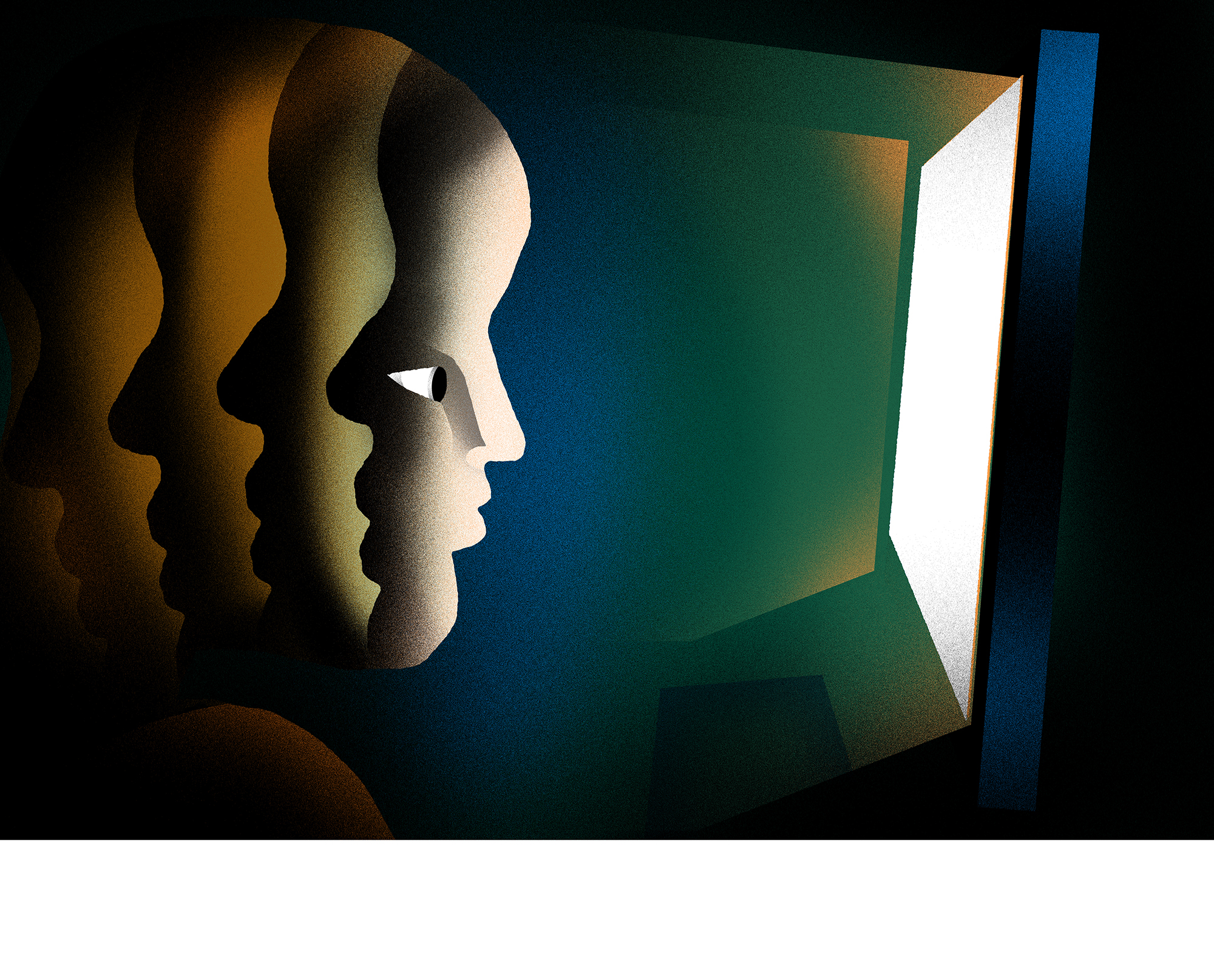
Combating angst:
I
t was clear from reading Rodger’s manifesto that he felt he did not matter to women, according to Allely. He described spending hours in cafes and bookshops, but apparently he made no attempt to ask anyone out on a date, presumably because he did not know how. Deterring violence depends on preventing the grievances about such isolation from taking root, Allely says. “This stands to highlight the need for education early in school on how to interact with others in a social and romantic way — what’s appropriate, what’s inappropriate and when you should back off,” she says. “That’s something schools don’t do.” For instance, a program in the Netherlands called Tackling Teenage Training offers young people with autism private counseling to improve their sexual knowledge. Other programs offer sex education to autistic adults.Some researchers are investigating how autistic people find extremist online communities, with a view toward preventing their participation. Loftin, for instance, is working with researchers in the U.S., Canada and the U.K. to use machine-learning techniques to identify autistic posters in anonymous online forums. Their goal is to identify some of these individuals and interview them to find out what draws them to the incel forums and keeps them there. Loftin says she hopes this work, along with her other research, will help the team create a model for assessing the risk of violence in the autism community and to help families recognize and intervene when a loved one is moving toward extremist thoughts.
Meanwhile, the internet community is also at least partially policing itself. The subreddit incels without the Hate seeks to “provide a positive and helpful community” for people who have struggled to find intimacy. And then there is IncelTears, the “part-mocking, part-watchdog subreddit,” which was created to counter what it called “hateful incels” and had more than 346,000 members as of late March. IncelTears often challenges incels on their dubious claims about autism, such as the idea that women with autism have a much easier time than men in the dating world. It also offers a counterbalance to the negativity found in such forums.
Álvaro posted his own experience not in a forum for incels but in a subreddit for radical feminists. He says he chose that forum because he thought he would get more constructive feedback there than he would have anywhere else. He did find it enlightening to interact with women who had faced harassment and abuse at the hands of men and had still found a safe place in a troubled, damaged world. “They are honest, sincere and open to self-criticism,” he says. “That’s the thing I’m looking for in a woman.” The best advice he says he got from them? “Get off social media.”
I reached out to Álvaro again in January to see how he was doing, and he told me he now has a female friend in his city who is a vegan like himself, but he still does not have any romantic prospects. He is working with a psychologist to help him be more assertive and communicate better, and he has had some sessions with a speech therapist to make him sound less, as he puts it, “robotic.”
Part of him still wants an intimate relationship, but he says he is also feeling at peace with the possibility that it may never happen. As for Reddit, he had stopped using it, he says, and was trying to go out and socialize more — until the coronavirus hit. These days, he has found himself in the same place as so many other singles, staying home, swiping right on Tinder and hoping for a match.
Recommended reading

Among brain changes studied in autism, spotlight shifts to subcortex
Home makeover helps rats better express themselves: Q&A with Raven Hickson and Peter Kind
Explore more from The Transmitter
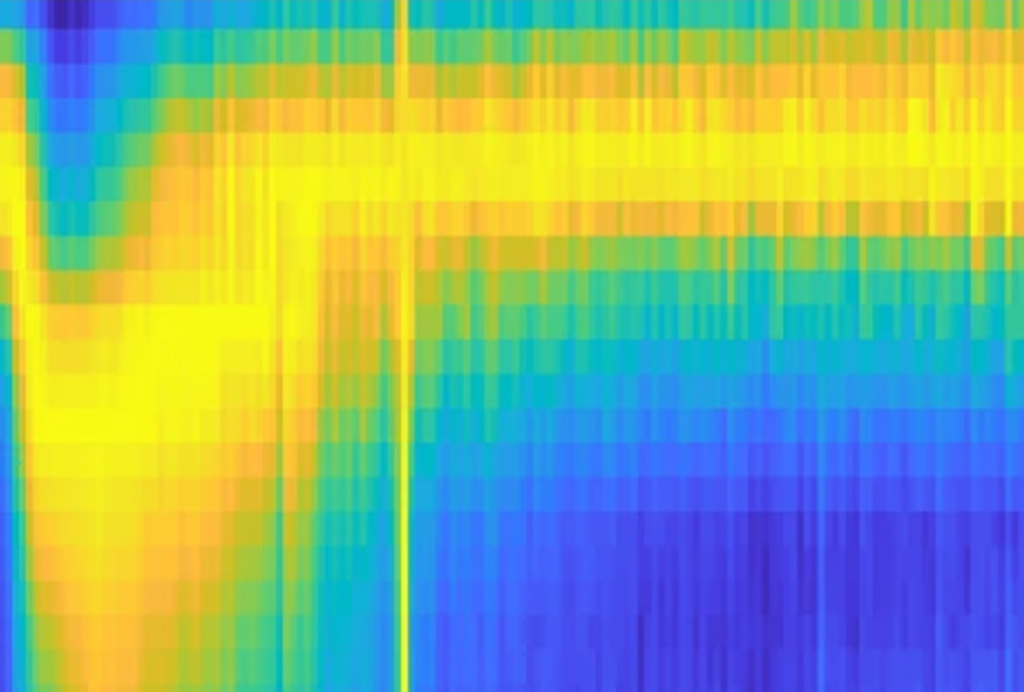
Dispute erupts over universal cortical brain-wave claim
Waves of calcium activity dictate eye structure in flies
